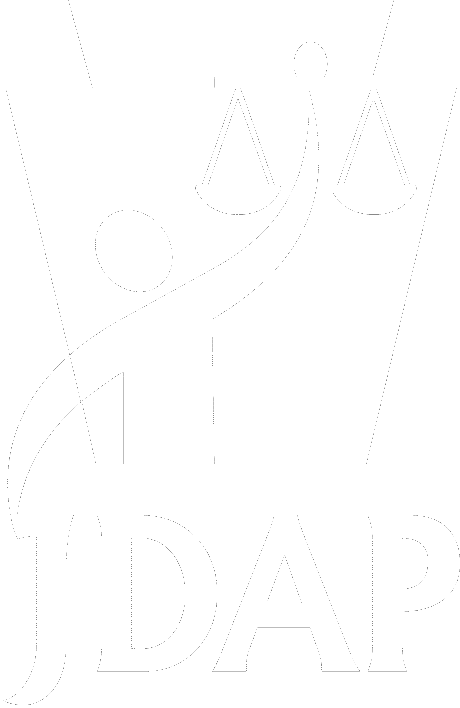In the wake of the Luzerne County "Kids for Cash" scandal, several pieces of legislation were enacted in Pennsylvania. Among those were a new law and Juvenile Rule permitting the limited waiver of counsel in juvenile delinquency proceedings. One of the shocking truths brought to light in Luzerne County was that many children were appearing, pleading guilty, and being sent to secure detention … all without attorneys. Though it was not occurring in Luzerne County, children charged with crimes are entitled by law to representation by counsel. In 1967, the United States Supreme Court held in In re Gault that the Fourteenth Amendment guarantees children facing charges in juvenile court a right to counsel. Following Gault, Pennsylvania's Juvenile Act provides that juveniles have the right to counsel at all proceedings. Children in Pennsylvania face increasingly harsh and life-long penalties in juvenile court, and as recent social research has confirmed, juveniles as a general class do not have the capacity to understand the consequences they face or to navigate the complex landscape of juvenile courts without the assistance of adults. Children are less future-oriented than adults, and struggle to make good decisions, especially under situations involving emotional stress. Children are more vulnerable, especially to the influence of peers and adults. The United States Supreme Court has required that courts consider these unique juvenile characteristics when dealing with children accused of crimes. In fact, it is hard to imagine a situation in which a child would need the assistance of an adult with specialized training more than in juvenile court.
In Pennsylvania, the new law, 42 Pa.C.S. 6337.1, went into effect in 2012, limiting the circumstances under which children at least fourteen years old could waive the presence of counsel. First, the law created a presumption that all children were indigent and entitled to court-appointed counsel. Courts are not allowed to consider the resources of the child's family or guardians. Second, children are permitted to waive the presence of counsel at hearings except the following: detention or shelter care hearings, transfer hearings, adjudicatory hearings, admissions (guilty pleas), hearings to determine if the child is adjudicated delinquent, disposition hearings, or hearings to modify or revoke probation or other disposition. 6337.1 and Rule 152 require that the Court conduct a colloquy on the record to ensure that the juvenile's waiver is knowing, intelligent, and voluntary. The Comment to Rule 152 states that "[b]ecause of the ramifications of a juvenile record, it is important that every safeguard is taken to ensure that all constitutional and procedural guarantees and rights are preserved. Juveniles should not feel pressured to waive counsel or be the subject of any proactive pursuit for obtaining a waiver." Also, no one but the juvenile him or herself may waive counsel.
Despite the enactment 6337.1 and Rule 152, juvenile defenders should continue to encourage courts to appoint counsel in all juvenile cases and at all stages. The American Bar Association Juvenile Justice Standards require that counsel must be present for pre-trial and adjudication proceedings. The National Juvenile Defender Center's Ten Core Principles reinforce that indigent juvenile defense is a complex and specialized area of the law and that an effective public defense delivery system "ensures that children do not waive appointment of counsel and that defense counsel are assigned at the earliest possible stage of the delinquency proceedings." Because the capacity of children to make difficult decisions under stress and to weigh long term consequences of their actions is not as developed as that of adults, children will always benefit from the assistance of legal counsel who is trained in the specialized practice of juvenile law and the consequences of a juvenile record.
